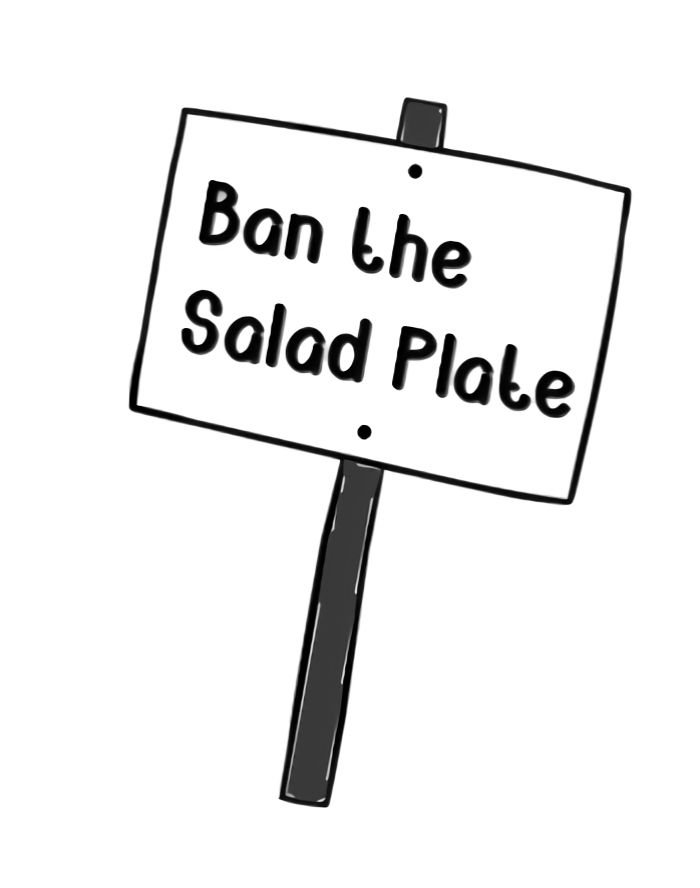And we won’t back down
Hey you. Ya you, the music labels of the industry. Enough is enough. I’m here with millions of others to fight the fight for FAIR USE! You’ve gotten away with the nonsense of harassing the wonderful people who bring the best of the best to their audiences, only to be plagued with so called infractions of your rules. They’re tired of it. So are we.
Different countries/regions have different rules about when it’s OK to use material without the copyright owner’s permission. For example, in the United States, works of commentary, criticism, research, teaching, or news reporting might be considered fair use. In the case regarding the Professor of Rock, every video he has produced falls under the Fair Use Act, yet he and others such as Rick Beato, continue to fight against claims brought against them. While many of these claims come from the music industry, lately illegitimate ones are being spawned by no-names simply trying to make a quick buck.
You may say, well so what. If they ain’t legit, what’s the big deal? Well, that’s where it gets sticky because any strike against you, counts. Doesn’t seem fair, or right? You got that, but as you’ll see, a strike is a strike is a strike…






